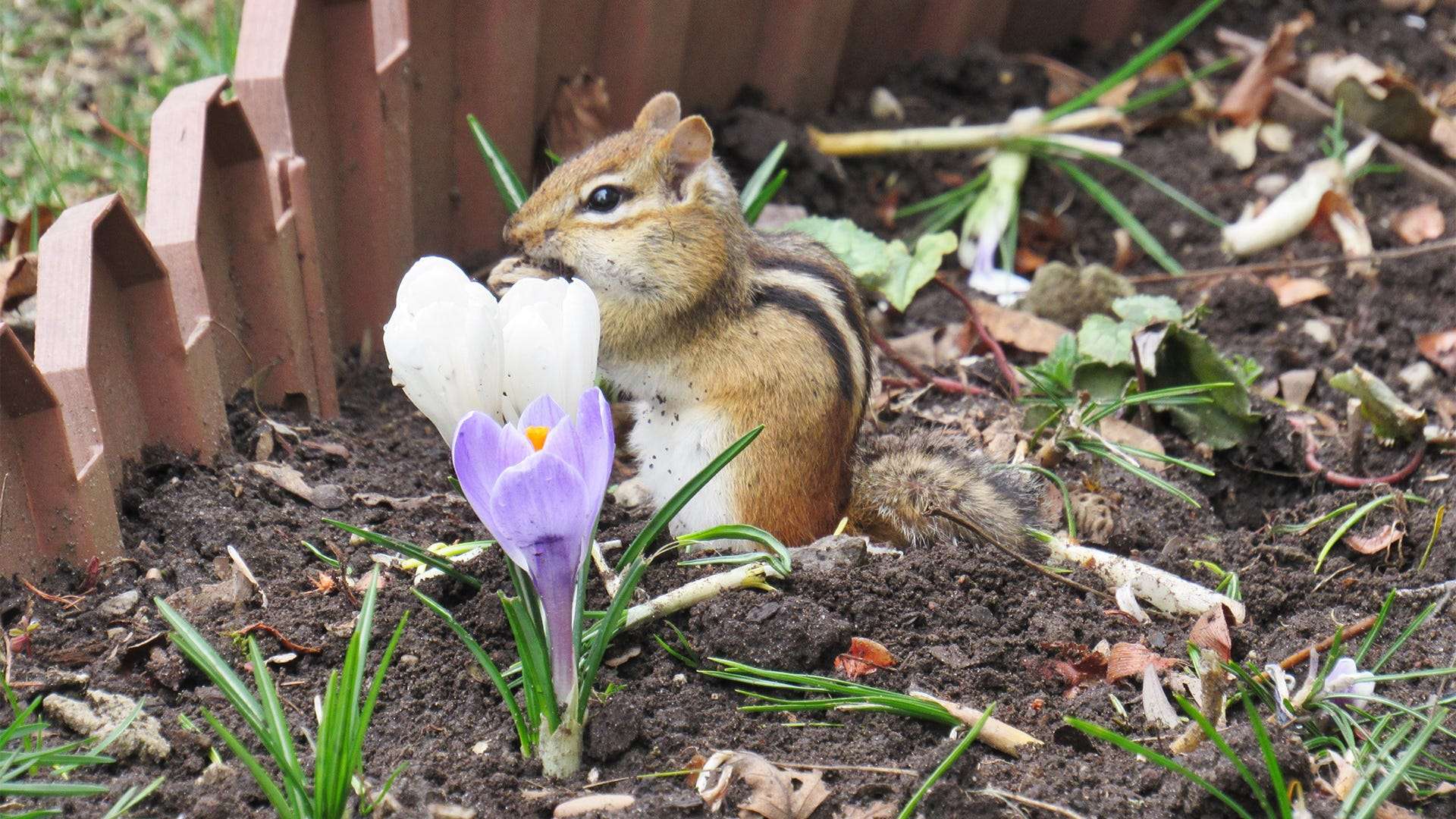Chipmunks, while undeniably cute, can wreak havoc on a vegetable garden. Their constant digging, seed pilfering, and nibbling on young plants can quickly frustrate even the most seasoned gardener. Fortunately, there are several humane and effective methods you can employ to reclaim your garden from these tiny invaders. This guide will walk you through various strategies, from preventative measures to direct deterrents, ensuring a bountiful harvest free from chipmunk interference.
Understanding the Chipmunk Threat in Your Garden
Before implementing any control methods, it’s essential to understand why chipmunks are attracted to your vegetable garden in the first place. This understanding will help you tailor your approach for maximum effectiveness.
- Food Source: Chipmunks are drawn to the readily available food sources in your garden, including seeds, nuts, fruits, and vegetables.
- Shelter: They seek shelter in burrows, rock piles, and dense vegetation, all of which might be present in or around your garden.
- Water: While not their primary need, a water source, such as a birdbath or leaky hose, can also attract them.
Preventative Measures: Keeping Chipmunks Away
Prevention is often the best cure. Implementing these strategies can significantly reduce the likelihood of chipmunks targeting your vegetable garden;
Physical Barriers for Chipmunk Control
Creating physical barriers is an excellent way to protect your plants directly. These barriers prevent chipmunks from accessing the tasty treats inside.
Consider these options:
- Fencing: Install a sturdy wire mesh fence around your garden, burying it at least 6 inches deep to prevent digging. The fence should be at least 18 inches high.
- Plant Cages: Individual cages made of wire mesh can protect vulnerable plants like tomatoes and peppers.
- Row Covers: Lightweight row covers can deter chipmunks from accessing seedlings and young plants.
Garden Cleanup: Reducing Chipmunk Appeal
Maintaining a clean and tidy garden removes potential food sources and hiding places for chipmunks.
Follow these tips:
- Remove Fallen Fruit and Vegetables: Promptly collect any fallen fruit or vegetables to prevent them from becoming chipmunk snacks.
- Clear Debris: Remove piles of wood, rocks, and leaves, as these provide shelter for chipmunks.
- Weed Regularly: Keep your garden free of weeds, which can provide cover for chipmunks.
Deterrents: Discouraging Chipmunks Naturally
Deterrents use natural elements to make your garden less appealing to chipmunks without harming them.
Here’s a table outlining some effective deterrents:
| Deterrent | How it Works | Application |
|---|---|---|
| Predator Urine (e.g., Fox Urine) | Mimics the scent of a predator, scaring away chipmunks. | Spray around the perimeter of your garden. Reapply after rain. |
| Hot Pepper Spray | Irritates chipmunks’ mouths and noses, making plants unpalatable. | Spray on plants and around the garden. Test on a small area first. Reapply after rain. |
| Noise Deterrents | Chipmunks are easily startled by loud noises. | Wind chimes, ultrasonic devices, or motion-activated sprinklers can be effective. |
Humane Trapping: Relocating Problem Chipmunks
If prevention and deterrents are not enough, trapping and relocating chipmunks can be a last resort. Always check local regulations regarding wildlife relocation.
Important Note: Relocating chipmunks may simply move the problem elsewhere. They are territorial and may struggle to survive in a new environment. Consider this carefully before trapping.
FAQ: Addressing Common Chipmunk Concerns
Here are some frequently asked questions about dealing with chipmunks in the garden:
- Q: Will mothballs deter chipmunks?
A: While some people use mothballs, they are toxic and can be harmful to pets, children, and the environment. It’s best to avoid them. - Q: Are there plants that chipmunks avoid?
A: Generally, chipmunks avoid strong-smelling herbs like mint, rosemary, and thyme. - Q: How do I identify chipmunk damage?
A: Chipmunk damage often includes small holes in the ground, missing seeds, and gnawed vegetables. - Q: Is it okay to feed chipmunks?
A: Feeding chipmunks can encourage them to become dependent on humans and may attract more to your garden. It’s best not to feed them.
Dealing with chipmunks in a vegetable garden requires patience and a multi-faceted approach. By understanding their habits, implementing preventative measures, and using humane deterrents, you can protect your precious plants. Remember that persistence is key; chipmunks are persistent creatures. It’s also important to consider the ethical implications of your chosen methods, opting for humane solutions whenever possible. Ultimately, a combination of these strategies will help you create a chipmunk-resistant garden and enjoy a bountiful harvest. Good luck reclaiming your garden and enjoying the fruits (and vegetables!) of your labor.


